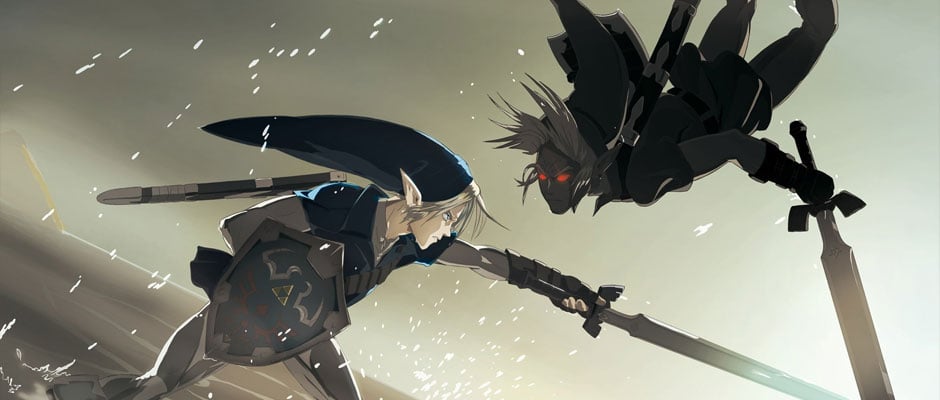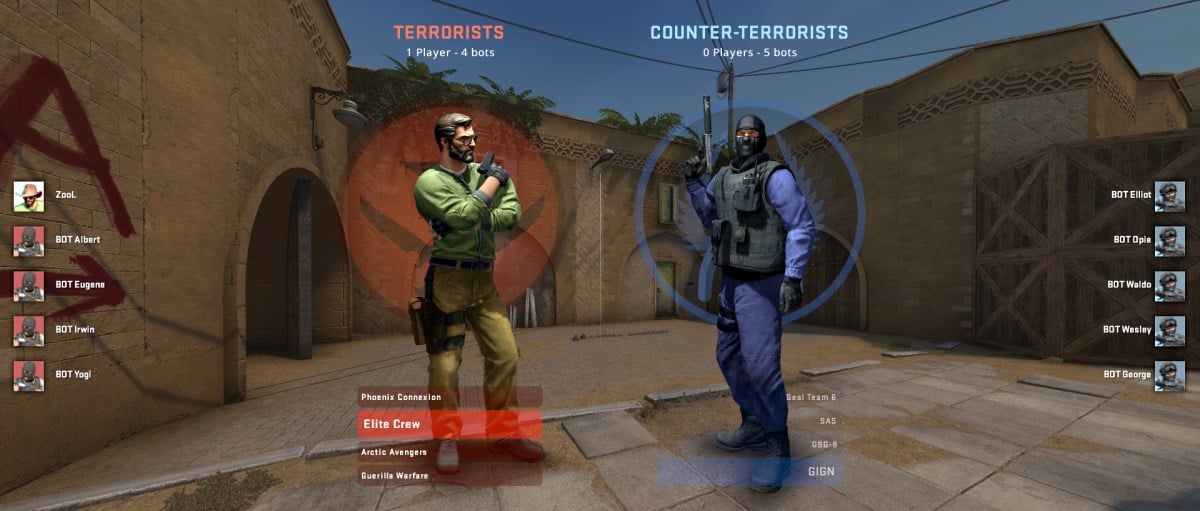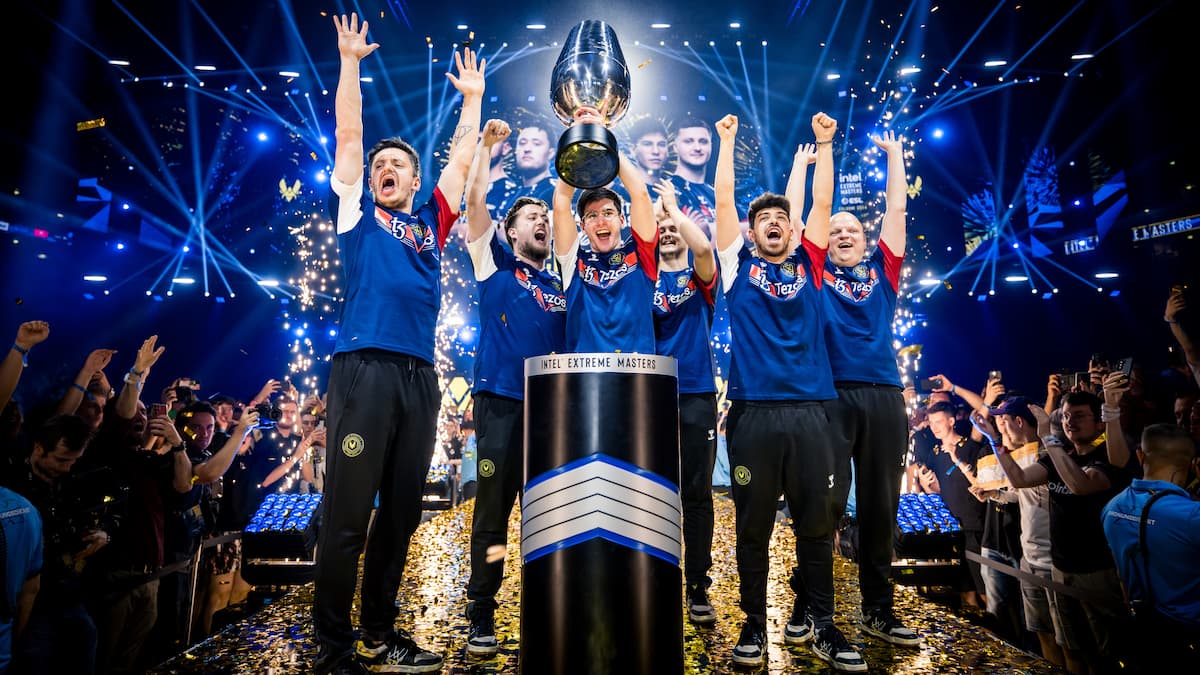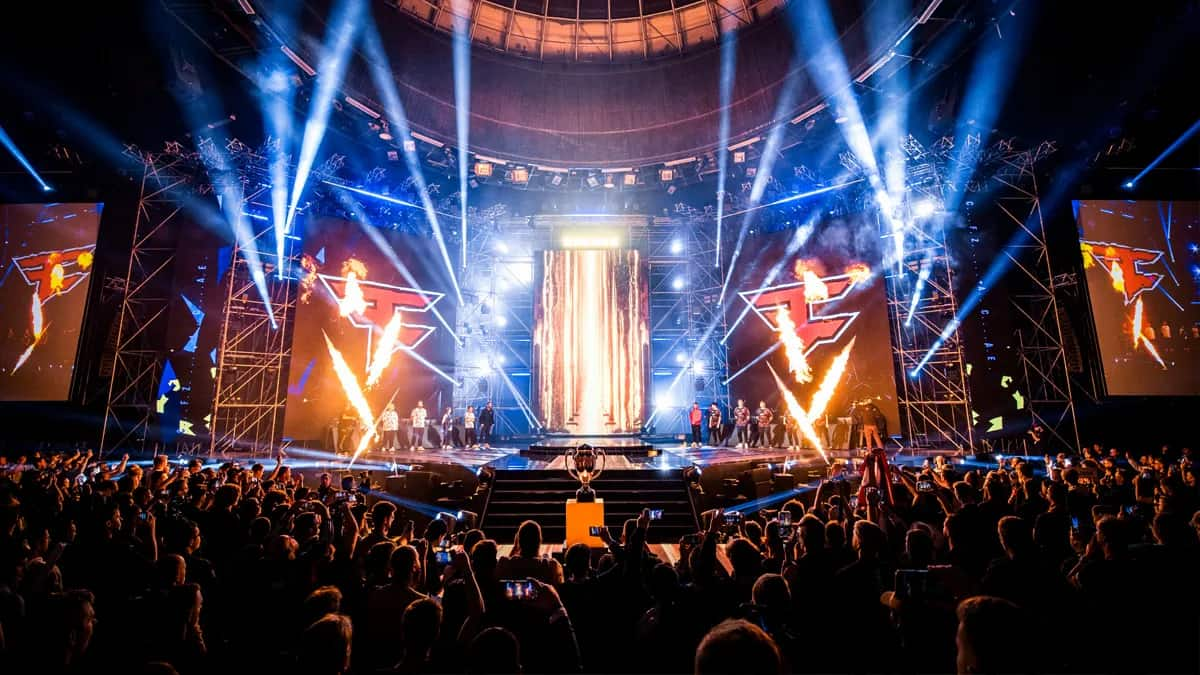“Ocarina of Time” is considered by many to be one of the greatest games ever made. It was released on Nov. 21, 1998 and has been hailed as a masterpiece; a landmark game in video game history for it’s design, gameplay, story, soundtrack and aesthetic. Even 18 years later, the game has endured as a staple of the speedrunning community.
But if you asked me what I remember most about the game, it is not the graphics, the gameplay, the story, the runs or any of that. It is the mini-boss of the Water Temple known as Shadow Link. After traversing through one of the most annoying dungeons in the game, you meet the mini-boss who turns out to be yourself. Mechanically, the boss was incredibly easy, but that image has stuck with me all of these years when the rest of my memories of the game have faded away.
I did not know why it struck such a chord in me until I started to avidly watch esports. I have seen the highs and lows of the greats, the stars, the average players and the failures. I have seen them battle society, the game, injuries, their teammates, their families and opponents with intense courage. Yet the same people refuse to face themselves with the same level of conviction or honesty. It takes a different kind of courage to look at yourself and admit your mistakes and weaknesses, and that may be the hardest battle of all: the battle against one’s self.
It makes sense. You can get the average everyday person riled up about their beliefs, about right and wrong, their religion, their nation or their actions. But, it is next to impossible to get them to admit that they are wrong. Even the mere suggestion of it makes them harden their stance and try to equivocate with phrases like, “I see what you mean, but really it’s a matter of opinion.” or, “It’s not what you’re saying is wrong, but how you said it.”
When it comes to esports players, their conviction is even stronger than the average person when it comes to their game. How could it not? They have spent thousands upon thousands of hours playing, practicing, studying, honing their craft to the highest of their ability. The more they play, the stronger their confidence is, and that confidence and ego becomes the bedrock that lets them compete. I can win because I am good at this game. I am good at this game because I am right. Because I am right, I win.
Yet what happens when you are no longer right, when you must defeat the self in the Water Temple? Do you face the truth and fight or do you run? Maybe you look away, pretend it never happened and make up excuses as to why you could not go further. Many of the NA excuses about why they were never as successful as their EU counterparts ring of this truth. We are too spread out, we do not have a good practice environment, we do not have salaries, jet lag, etc. Yet none of these are immutable challenges. Yes, they are problems, but one need only look at Spencer “Hiko” Martin’s career to realize they can be overcome. You just need the will to do what you have to to win.

The biggest team example of this is EnVyUs. After winning the Major, they sat on their laurels and did nothing. The game moved on as the meta shifted and other teams got better. EnVyUs was stuck in a standstill. They have been unable to see the weakness within themselves, the lack of work ethic, the roles of the team, team identity, the meta, and the tactics. By the time they started to recognize these problems, they were paralyzed with inaction. This is a team that man-for-man is one of the most talented in the world; a team that should be contending for trophies. Instead, they are stuck repeating the same errors tournament after tournament, also praying that one of their players will hit a superstar level to carry them through to victory. Even now, there seems to be no end in sight for them.
What about those who are willing to face the problem, those players who recognize their own weakness and face them head on? There are those few players who can both identify their problems and face them to find a way to still win, no matter how bad their chances or how low their odds.
The biggest example of this is Jung “Mvp” Jong Hyun, who is highly-regarded as the greatest SC2 player to have ever touched the mouse. He was utterly dominant in his first year of play, but had injuries going into 2012. The world had passed him by. His play was previously reliant on being mechanically superior and playing the best standard styles of the era, styles that he had pioneered. Now, his strategies have become rote. His mechanics were failing and the competition had already caught up and surpassed him at a time when he was the weakest he had ever been.
He could have refused to face his problems. Many others did. Lee “MarineKing” Jung Hoon in the last three years of his career played the exact same exploitable way and continued losing without ever facing the inherent problems of his style. Mvp did not. He recognized he was no longer an elite player, so he compensated for his weakness in diferent ways. Instead of relying on mechanics and superior standard play, he used his experience, his plethora of builds, his mind games and his innovations to make the impossible possible and have the greatest miracle year ever seen in SC2 history.
There are many with the courage to fight, especially for their passions, ideals, and teammates. But, the courage to face yourself or the courage to admit that you are wrong and to use that knowledge to better yourself is an all too rare trait in a field where absolute confidence and belief in yourself is the key to victory. However, for those who can face it, for those who dare to walk through the Water Temple and face Dark Link, they can transcend themselves and reach a higher level.






Published: Jun 18, 2016 10:49 am